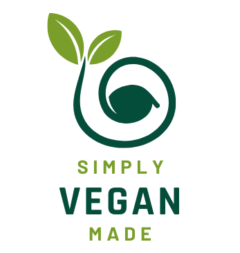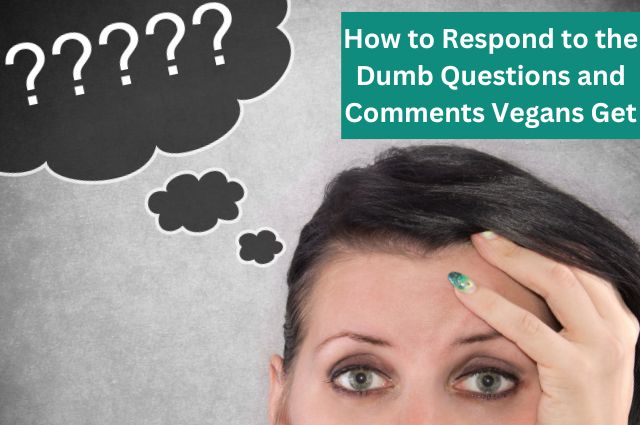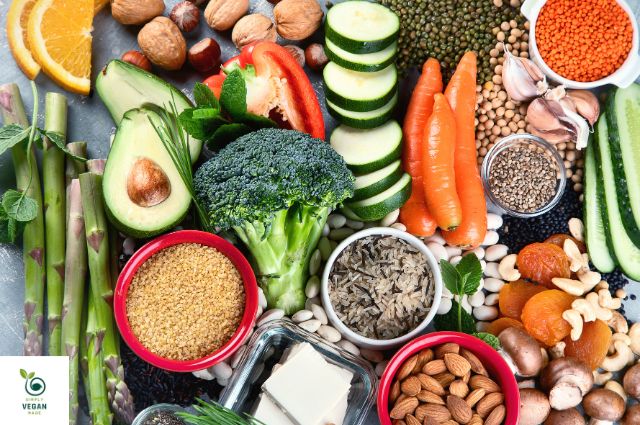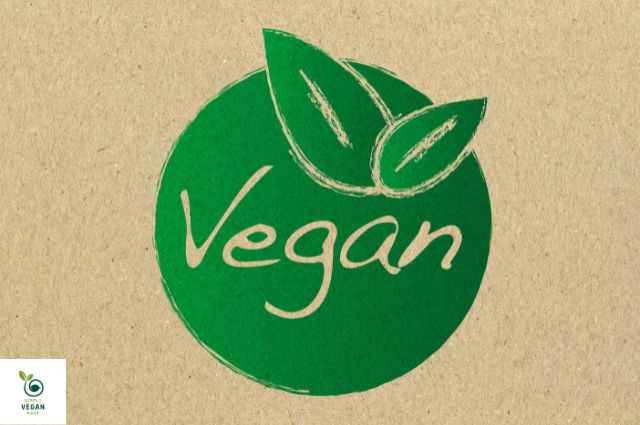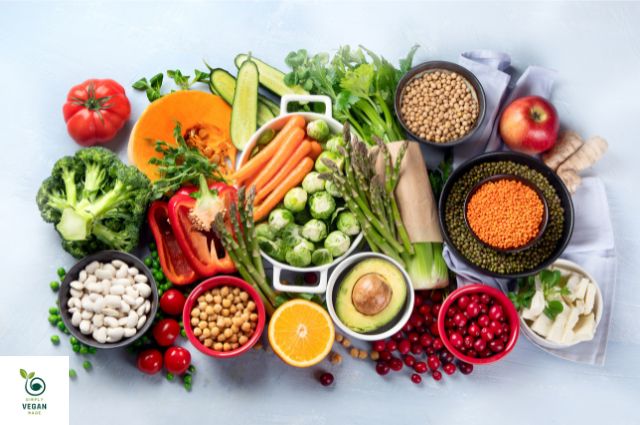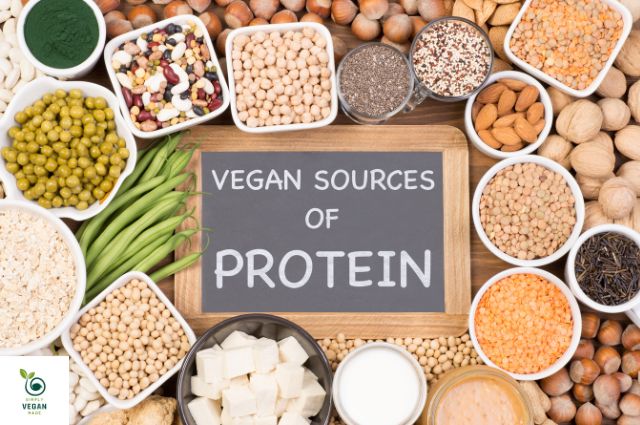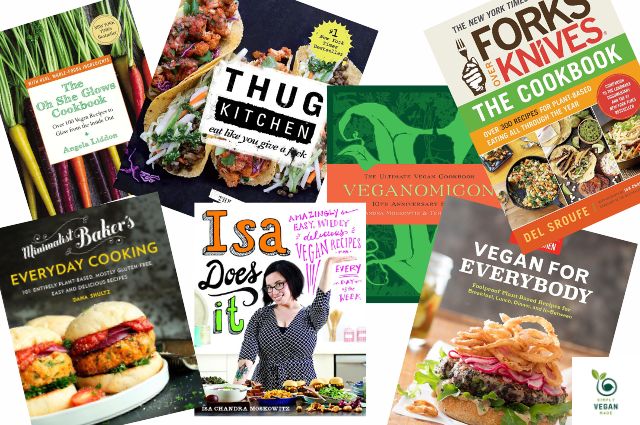The Curious, The Confused, and The Clueless: Handling Vegan Myths with Confidence
“You don’t look like a vegan!” someone once said to me at a dinner party, eyeing me as if I was supposed to be pale and frail, surviving solely on lettuce and good intentions. I laughed, unsure whether to take it as a compliment or a misunderstanding, and asked, “Oh? What does a vegan look like?” Their awkward silence spoke volumes. Over the years, I’ve heard my fair share of bizarre, uninformed, and downright ridiculous questions about veganism, from “Don’t plants feel pain too?” to “But what if you were stranded on a desert island?” (Spoiler: I’m not planning on being marooned anytime soon). While some questions come from genuine curiosity, others stem from misinformation or an attempt to get a reaction.
If you’re vegan, you’ve likely faced some variation of these comments. Whether from a skeptical family member, a snarky coworker, or a stranger at a barbecue, these encounters can feel frustrating. But instead of rolling your eyes and walking away, you can use them as opportunities to educate, challenge myths, and even plant a seed of curiosity in someone’s mind. In this guide, we’ll tackle some of the most common “dumb” questions vegans get—and the best ways to respond.
Why Do People Ask These Questions About Veganism?
Before diving into the responses, it helps to understand why people ask these things in the first place. Sometimes, it’s pure curiosity—they’ve never met a vegan before and genuinely want to know more. Other times, it’s defensiveness—when people feel their habits are being questioned, they may lash out or try to justify their choices. Then there’s misinformation—many myths about veganism come from marketing, outdated nutrition science, and cultural conditioning.
Now, let’s get to the good part—how to respond to these questions with confidence, clarity, and maybe even a little humor.
Common Vegan Questions and How to Respond
1. “Where do you get your protein?”
The classic!
Response:
“I get my protein from the same place that elephants, gorillas, and rhinos do—plants! Beans, lentils, quinoa, tofu, nuts, and even vegetables all contain protein. In fact, many elite athletes thrive on a plant-based diet because it provides all the protein they need—without the cholesterol and inflammation linked to animal products.”
👉 Bonus fact: The Academy of Nutrition and Dietetics confirms that a well-planned vegan diet provides all essential nutrients, including protein. (source)
2. “Don’t plants feel pain too?”
The go-to argument of the desperate meat eater.
Response:
“Plants don’t have a central nervous system, a brain, or pain receptors. They may respond to stimuli, but it’s not the same as suffering. Also, if you really care about plants, you should go vegan—because animal agriculture kills far more plants to feed livestock than if we just ate the plants ourselves!”
👉 Bonus fact: Over 80% of soy grown worldwide is used for animal feed, not human consumption. (source)
3. “But lions eat meat—it’s the circle of life!”
The “National Geographic” defense.
Response:
“Yes, lions eat meat because they’re obligate carnivores—they need it to survive. Humans, on the other hand, are not. Our bodies are built for digesting plants, and we thrive on them. Also, lions do a lot of things we don’t—like hunting their prey with claws and eating it raw. Do you want to copy everything lions do?”
👉 Bonus fact: The longest-living and healthiest populations on Earth, like the Okinawans and Adventists in Loma Linda, thrive on mostly plant-based diets. (source)
4. “Soy is destroying the rainforests!”
Good attempt, but here’s the truth.
Response:
“You’re absolutely right that soy farming contributes to deforestation—but most of that soy is grown to feed livestock, not vegans. In fact, around 77% of the world’s soy is fed to animals raised for meat and dairy, not humans eating tofu or soy milk.”
👉 Bonus fact: If you really care about the rainforest, ditching meat and dairy is the best thing you can do. (source)
5. “But cavemen ate meat!”
The “Flintstones” diet defense.
Response:
“Cavemen also lived in caves, hunted with spears, and had a life expectancy of about 30 years. We’ve evolved since then. Besides, many early humans ate mostly plants, nuts, and grains—meat was a rare survival food, not an everyday staple.”
👉 Bonus fact: Archaeological evidence shows that many ancient civilizations thrived on plant-based diets. (source)
6. “I tried going vegan, but I felt weak and tired.”
Were you eating Oreos and french fries?
Response:
“It’s not about being vegan—it’s about eating a balanced diet. Just like a meat-eater could feel weak eating only junk food, vegans need to eat a variety of whole, nutrient-dense foods. With plenty of grains, beans, vegetables, and healthy fats, a plant-based diet can provide more energy than ever!”
👉 Bonus fact: The largest study on vegan nutrition found that well-planned plant-based diets support long-term health. (source)
7. “Vegans are weak and pale.”
Someone’s been watching too many stereotypes.
Response:
“Really? Because some of the strongest athletes in the world—like Venus Williams, Lewis Hamilton, and Scott Jurek—are vegan. I feel stronger and healthier than ever since ditching animal products!”
👉 Bonus fact: Vegan bodybuilders like Torre Washington and Nimai Delgado prove that you don’t need meat to build muscle. (source)
Final Thoughts: Responding with Grace and Humor
At the end of the day, not every conversation about veganism needs to be a debate. Some people are just curious, and others are looking for an argument. The best way to respond? Stay informed, stay confident, and don’t be afraid to laugh it off.
If someone genuinely wants to learn, share your knowledge. If they’re just looking to push your buttons, know that your actions speak louder than words. Every meal you eat, every choice you make, is already a powerful statement.
And hey—if all else fails, you can always respond with a smile and say, “I’ll stick to my plants, you stick to your protein panic.” 🌱😉
